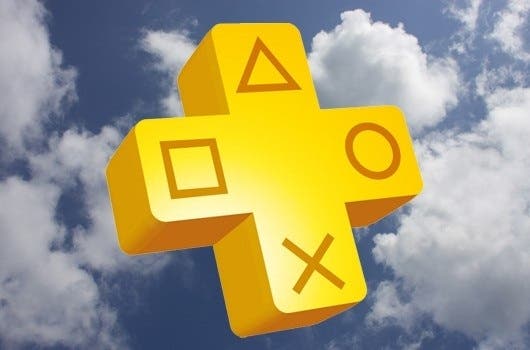Saturday Soapbox: Service Games
Microsoft's $99 Xbox points towards the future of games as a service - but can we trust the platform holders to provide a service that's worthwhile?
Microsoft and Sony might remain coy on their respective plans for the next generation of consoles, but they're slowly becoming clearer through their current movements. When Microsoft announced the $99 Xbox 360 earlier this week, one suggested outcome for the next generation of consoles came a step closer to reality: a subscription-based model not too dissimilar from what we've come to expect from our mobile phone providers, by which you're given the hardware at a knock-down, affordable price and are subsequently locked into a contract over a fixed period of time.
For the hardware manufacturers it makes perfect sense, bypassing the ever-struggling retail sector while doing away with the colossal barrier to entry that the price of new hardware presents. And for us, the consumer, it's not too bad a deal either - we could get the latest hardware on day one without breaking the bank, and it opens up the possibility of having quick-fire hardware iterations with the pain potentially removed for both parties. With a console market that, in the face of mobile gaming, is in danger of becoming irrelevant, it's a move that could give Microsoft and Sony the boost they need for the next generation, and one that could potentially have the pair go toe-to-toe with Apple at last.

Would Sony and Microsoft be bold enough to build such a model within its next generation on day one? We likely won't see an answer to that question at next month's E3, though we could at least see some movement towards it. But while it's a model that's attractive for both punter and producer, it's one that's not without its problems - some of which are potentially grave.
First there's the potential friction between the financial demands of being locked into a contract - a $14.99 toll across two years on the Xbox 360 model that's being sampled by Microsoft, a figure that's likely to significantly rise if it's ever in relation to fresher hardware - and the already considerable financial demands placed when simply wanting to play a handful of new games every month.
Business models will doubtless shift for the next generation, with the triple-A $60 game being phased out in the pursuit of wallets that have become accustomed to more snackable fare. But without one clear favourite having established itself as of yet there's the threat of a boggling and very expensive tangle as freemium rubs up against subscription services and against base packages that are then flourished with a steady stream of downloadable content.

The problem of which business model fits best is a dry pursuit that's no doubt being tackled by more qualified folk than you and I right now, but there's an underlying shift that underpins every possibility; that of a move towards the concept of games as a service.
The idea of entertainment on tap's been around since the dawn of television, but in the digital age it's proven itself applicable to many other mediums. Spotify's premium subscription service is one that I happily sign up to myself without question, its ability to straddle home and portable devices helping smooth over any concerns I have about the sizable gaps in its library.
Could a similar service work on the next generation of console? The likes of Gaikai and OnLive suggest that the pipedream could be at least partially realized, but the partisan nature of platform holders and publisher deals means it'd fall well short of comprehensive, its offering surely piecemeal at best.
But one of the biggest concerns about the shift towards games as a service is, given the evidence of the current generation, how ill-prepared both Microsoft and Sony seem right now to offer something that's essential. The vulnerability of Sony's PlayStation 3, as highlighted by last year's extended outage of the PlayStation Network, is one thing, but Microsoft's dilution of its gaming brand is quite another.
Microsoft's intention with its console has been explicit in recent years, and is in many ways understandable. Its aim, slowly realized over numerous dashboard updates, is to become the de facto home entertainment device, and to attain a monopoly over the living room. That's a goal it's well positioned to achieve, but there's one problem for core gamers like myself - the further the Xbox 360 spreads itself, the less I find myself using it.
As a media player, the 360 veers from functional to flawed: the HD streaming of Netflix runs so smoothly that it feels like a work of witchcraft, which makes the stuttering performance of the Sky player all the more baffling. As a games playing device, it's a console that's making me feel increasingly marginalised, a sense that was further underlined when Microsoft took the decision to cancel its long-running and consistently entertaining Inside Xbox series in the UK.
For me the Xbox 360 has evolved from an essential gaming platform to the proverbial jack-of-all-trades and master of none. I originally bought into it wanting the very best dedicated console available; come the next round of hardware it's likely the message will be a little different, with a device that looks to offer an all-encompassing entertainment experience. As someone already juggling Sky, LoveFilm and Spotify subscriptions, it'd be hard to justify going too far beyond the outlay I'm already committed to with Xbox Live, and with gaming potentially playing a diminished role in a new Xbox experience, it's going to take some convincing to get me to sign on the line for the next generation of console.




